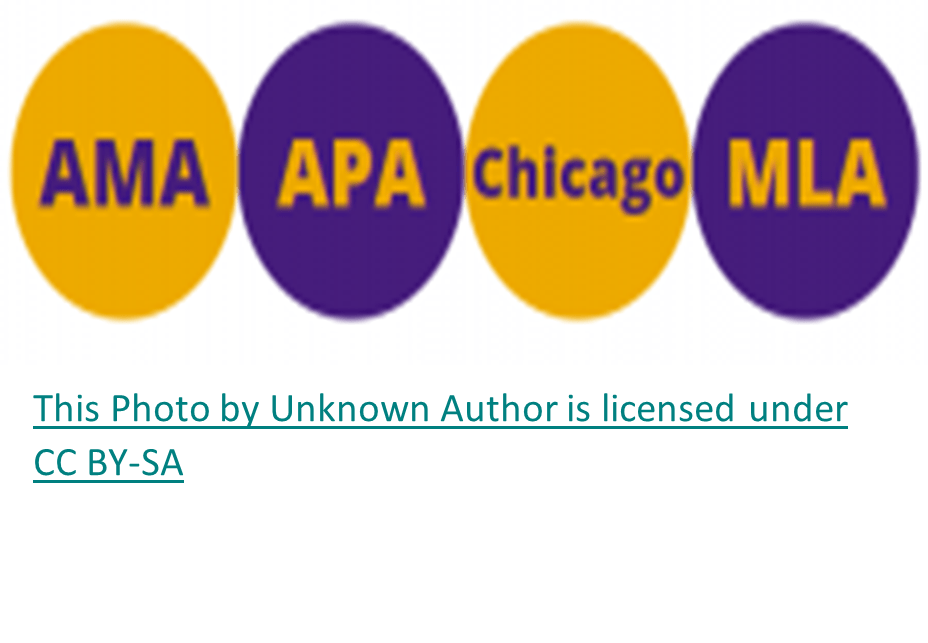Here is some of the most recent news in research and publishing on campus:
Professor Liudong Xing (Electrical & Computer Engineering) recently published Reliability and Resilience in the Internet of Things. The book provides state-of-the-art coverage on IoT reliability and resilience modeling, analysis, design methods, and solutions to help prevent costly malfunctions.
Associate Professor Lucas Mann (English & Communication) published an excerpt of his forthcoming book, Attachments, in Esquire.
Associate Professor Eric Larson (Crime & Justice Studies) recently published Grounding Global Justice: Race, Class, and Grassroots Globalism in the U.S. and Mexico. The book offers a transnational history of the emergence of the global justice movement in the United States and Mexico and considers how popular organizations laid the foundations for this “movement of movements.”
Physics alumni Vrutant Mehta (M.S., ’23), Jack Sullivan (B.S., ’23), Khanak Bhargava (M.S., ’21), Sudarshan Neopane (M.S., ’21) and Professor Robert Fisher (Physics) had their paper “Hydrodynamical Simulations Favor a Pure Deflagration Origin of the Near-Chandrasekhar Mass Supernova Remnant 3C 397” covered by Astrobites. In this work, the UMassD group, collaborating with space scientists from Japan, seeks to understand new data on the remnants of a stellar explosion gathered by the European Space Agency’s XMM-Newton space observatory.
Assistant Research Professor Adam Delargy (Fisheries Oceanography) recently co-published “Catch yield and selectivity of a modified scallop dredge to reduce seabed impact,” in PLoS ONE. The article details the need for technical gear innovations in scallop dredging and further improvements for more eco-friendly fishery approaches.
Do you need help accessing any of these publications? The librarians have you covered. Contact our reference staff: https://lib.umassd.edu/about/staff-directory/contact-rils/


